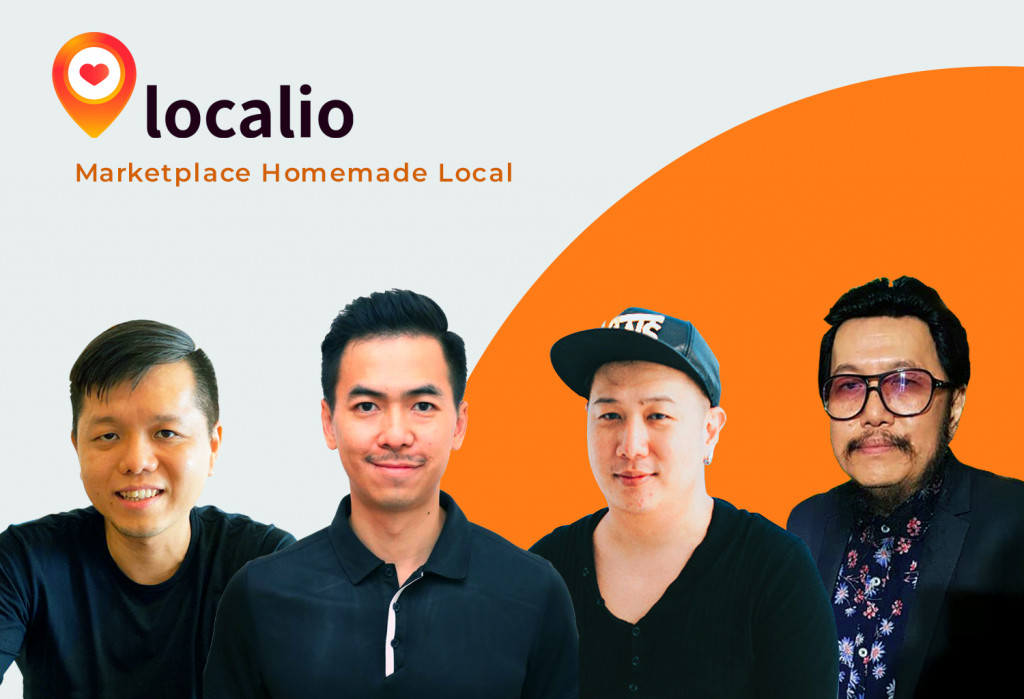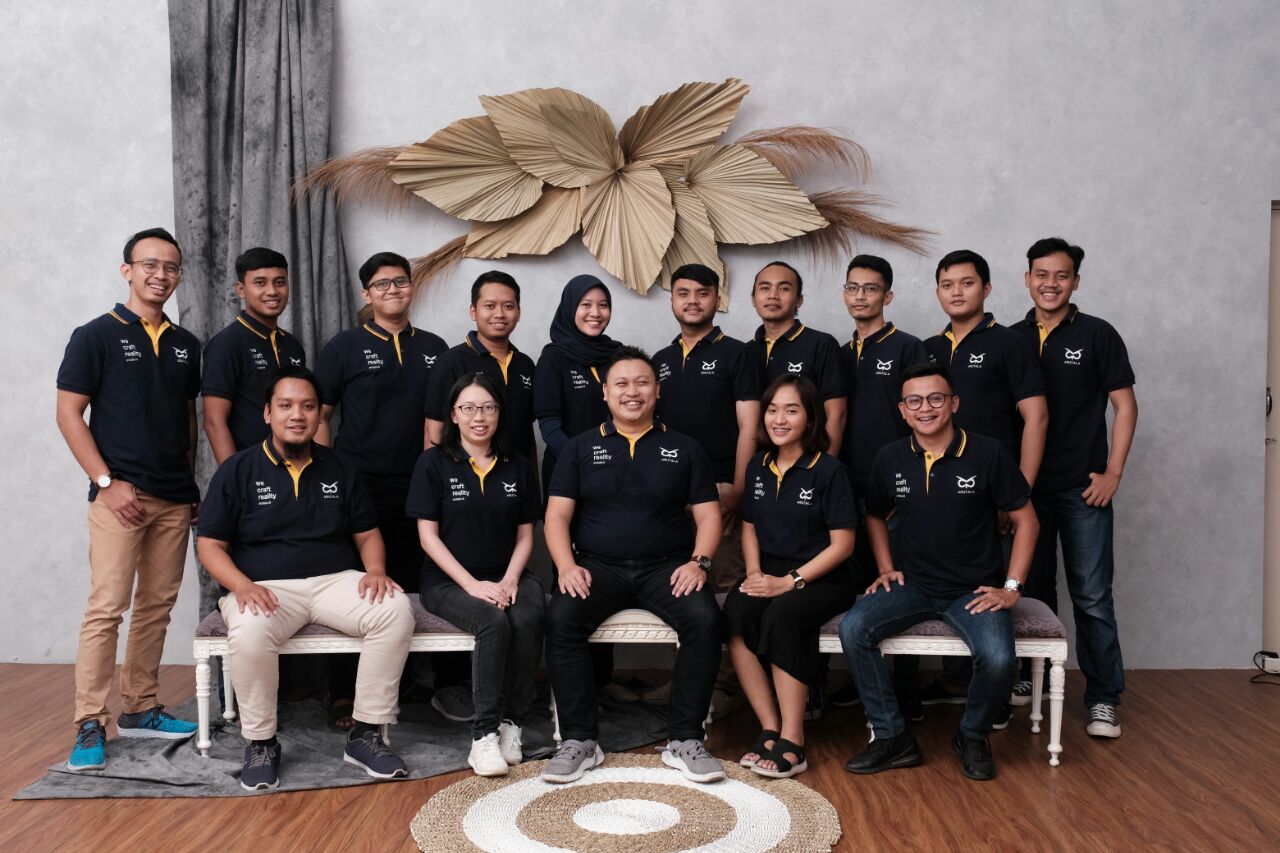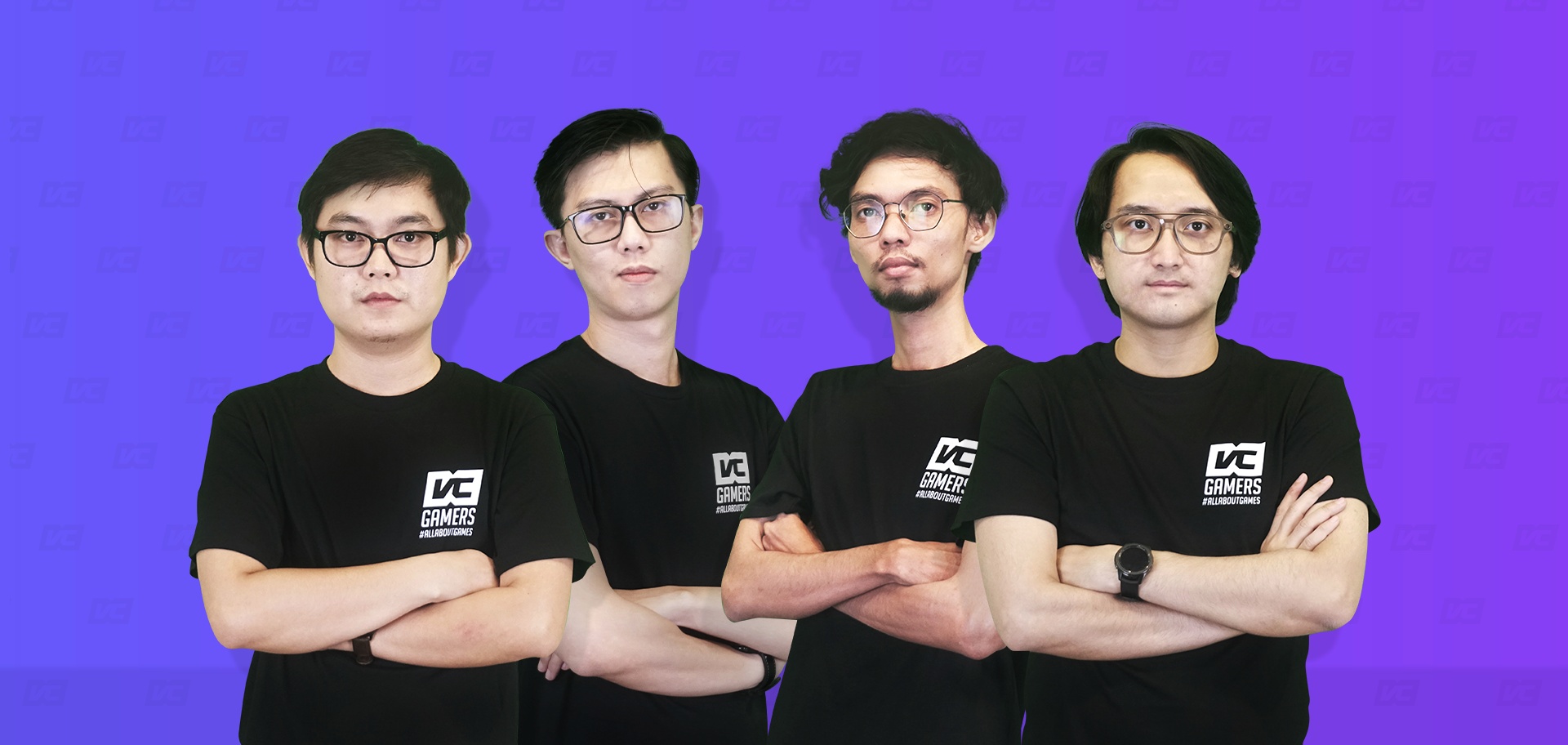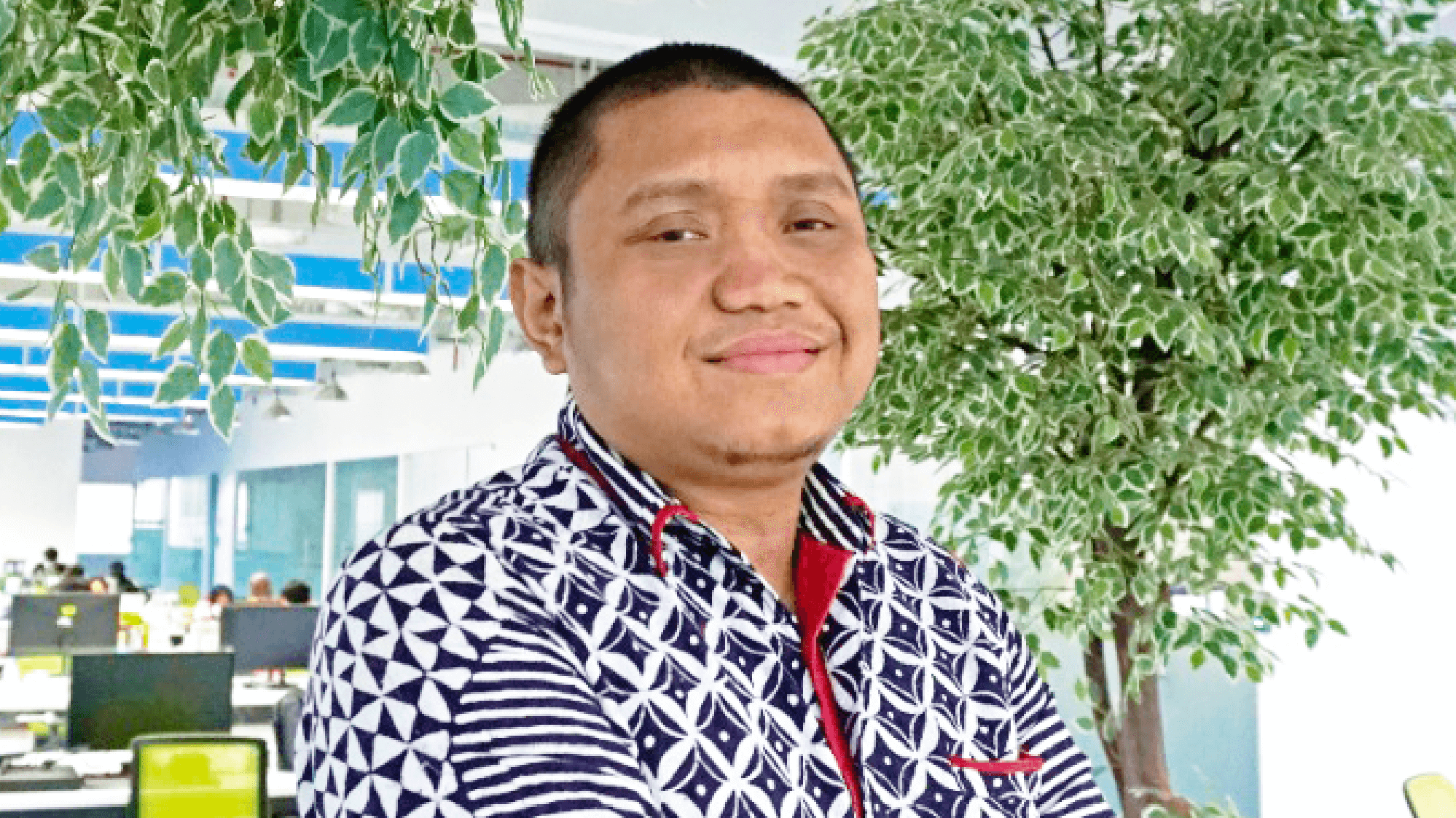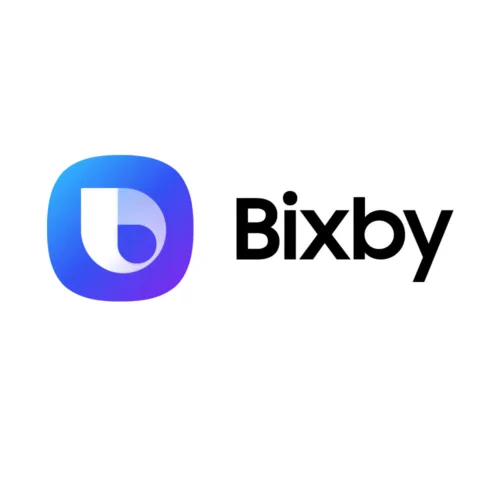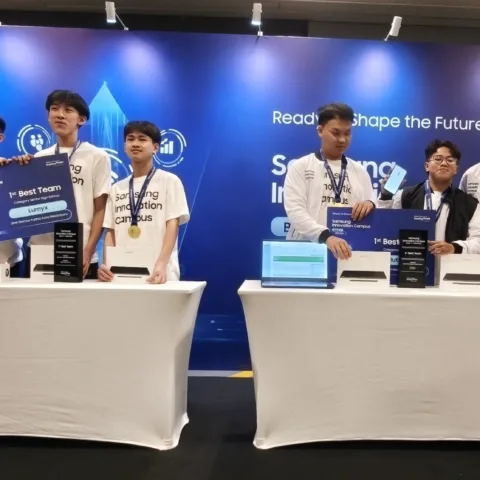It is not new knowledge that household activities during the pandemic are busier than normal days. Cooking activity is one of the most dominant. The benchmark is the number of home culinary businesses that have grown significantly during a pandemic. Localio tries to catch the fortunes of this trend.
Localio is a digital startup that was just established in July. This startup was founded by Andry Suhaili, Sebastian Wijaya, Donald D. Kusumo, and Handoko Kusumo as a marketplace for the home culinary business. Although at first glance it is no different from the GoFood and GrabFood platforms, they insist that the Localio business is different. One of them is the localization of their product.
“Basically Localio is a local homemade marketplace, helping MSMEs meet their communities,” said Andry, who plays the CEO.
The initial idea for Localio came from the Andry family who intended to sell their home cooking but had difficulty finding a large niche market. To enter platforms such as GoFood or GrabFood, according to Andry, is quite difficult because it requires a long queue.
Departing from that problem, he and his friends made research about the difficulties experienced by the home culinary business. After that they found a number of similar problems including the difficulty of the home business in marketing and there was no single platform for them.
Product segment
Andry admitted that there are already other platforms such as GoFood, GrabFood, and other e-commerce that can be used by home culinary businesses. However, according to him, the platform above does not really suit the needs of a home business. With Localio, Andry said that his party can help home businesses from promotions, attracting customers, online business training, to courier selection.
Since their target audience is micro and even ultra-micro businesses, Localio does not charge any fees to merchants who join. Nor do they seek to profit by applying commissions.
“We are not taking commissions, but we see opportunities in infrastructure, for example with suppliers,” Andry added.
What Andry means by infrastructure is the ecosystem that Localio is building. Andry explained that there are three main pillars that will become the Localio ecosystem, namely fulfillment, finance, consulting and advertising services. Advertising includes their current business model.
The fulfillment in question includes the supply chain that connects sellers to food vendors, delivery, and provision of satellite kitchens. This supply chain thing, they call it LocaSupply, is still a work in progress. Andry said that his party plans to partner with Wahyoo for this product.
Which is quite interesting in the delivery options. Andry said that they prepared courier options using bicycles, scooters and pedestrians. The pedestrian option arose because the food delivery distance in Localio was only 3 kilometers. In addition to the choices of couriers, they also took Gojek and Help as additional options.
“Our existing business model is Live Streaming, LocaAds, and delivery.”
Business plan and target
Localio started out in a relatively small business. They started their business by hooking up with a seller in the Tanjung Duren area, West Jakarta. Then they hooked up with other home businesses in the Kelapa Gading, Pluit, PIK, Sunter, and Pasar Minggu areas.
CTO Sebastian Wijaya said that his party now has a number of sellers scattered outside cities such as Sidoarjo and Medan. However, for now they will still focus on expanding their reach in the Jabodetabek area. Meanwhile, until December, they are at least targeting to expand to Bandung, Surabaya, Bali and Singapore. They chose Singapore because according to them the conditions of the home-based culinary business there are also improving, plus Sebastian who is currently living there.
Apart from expansion, Localio also plans to attract professional chefs who were laid off from work during the pandemic to join their platform. Later the chefs will be accommodated into their own canals.
By mid-October, Localio had won 1000 sellers. They are targeting to reach 4000 sellers by the end of the year with the expansion they have planned. This growth target will also be used to attract investors. Currently, the capital in Localio is still in the bootstrap phase with additional capital from Win Ventures.
“In the future, we want to form a home-based business ecosystem. Overall, we want to be a platform that connects local MSMEs, promoting them from an unknown food business to becoming a global player to exporting abroad,” said Andry.
–
Original article is in Indonesian, translated by Kristin Siagian

